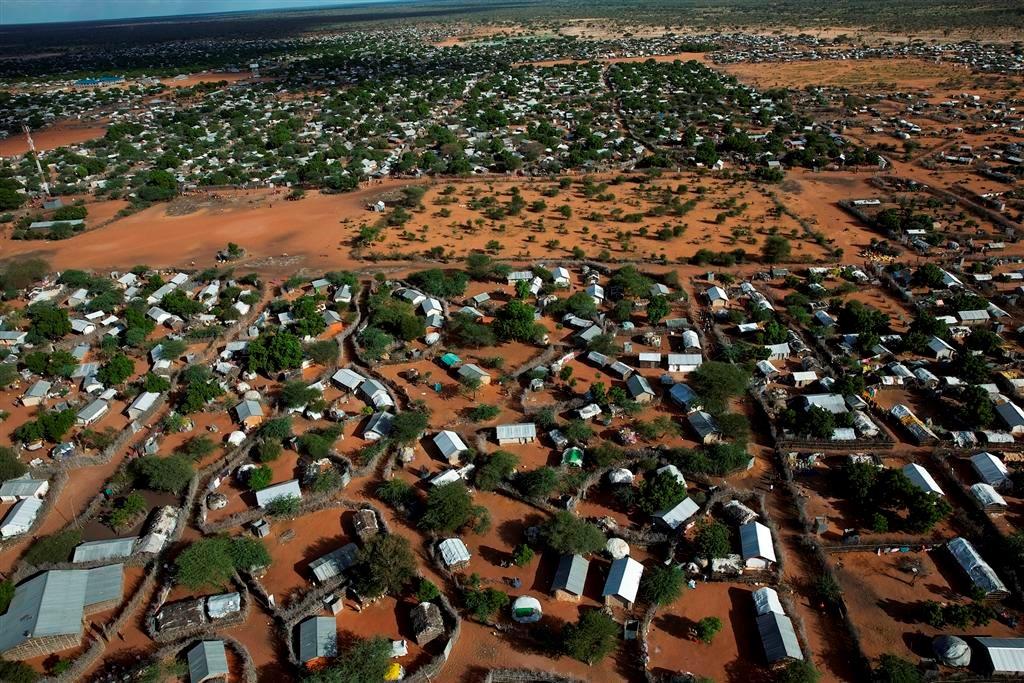Community-Based Protection Approach
Community members are critical players in the protection work. The link between communities and protection is mutually reinforcing.
Nairobi, Kenya, 31st July 2015 (UNHCR) – ‘Community-based mechanisms enhance protection while strengthening communities at the same time.’
UNHCR conducted a 3 day Community Based Protection sensitization for its partners, community volunteers, refugee leaders and UNHCR Protection Staff. Over 10 partner organizations attended the workshop and 120 community volunteers and refugee leaders also took part in the workshop. The forum also included Kenyan nationals such as faith-based organizations that are involved or interact with refugees.
Community-Based Protection (CBP) aims to empower communities to achieve their rights with safety and dignity. It is a means of engaging crisis-affected communities and the humanitarian actors working to assist them in identifying the protection risks of greatest concern to the community, exploring the causes and consequences, and jointly identifying prevention and response strategies that build on theirs needs and capacity. This is a measure of accountability which helps to maximise the effectiveness of UNHCR’s efforts.
“Community members are critical players in the protection work. The link between communities and protection is mutually reinforcing. This approach creates a better understanding of the communities while empowering them at the same time,’’ Assistant Representative Catherine Harmon Sharpe remarked during the roll-out of the sessions.
In community services, moving away from individual assistance to Community Based Protection is key. Due to limited resources, communities are also best placed to protect and this gives them the right to participate in decision making that affects their lives.
Refugees and asylum seekers are better protected when they are at the centre of decision making and protection strategies are made in partnership with the community. The CBP Approach seeks to strengthen capacity to identify, develop and sustain solutions as well as build on knowledge, skills and capacities of their communities.
The workshop also encompassed sessions on Sexual Gender Based Violence and the referral system, Resettlement Internal and External Referrals, Lesbians Gay Bisexual Transgender and Intersex (LGBTI), Persons with Disability (PWD) and livelihoods.



